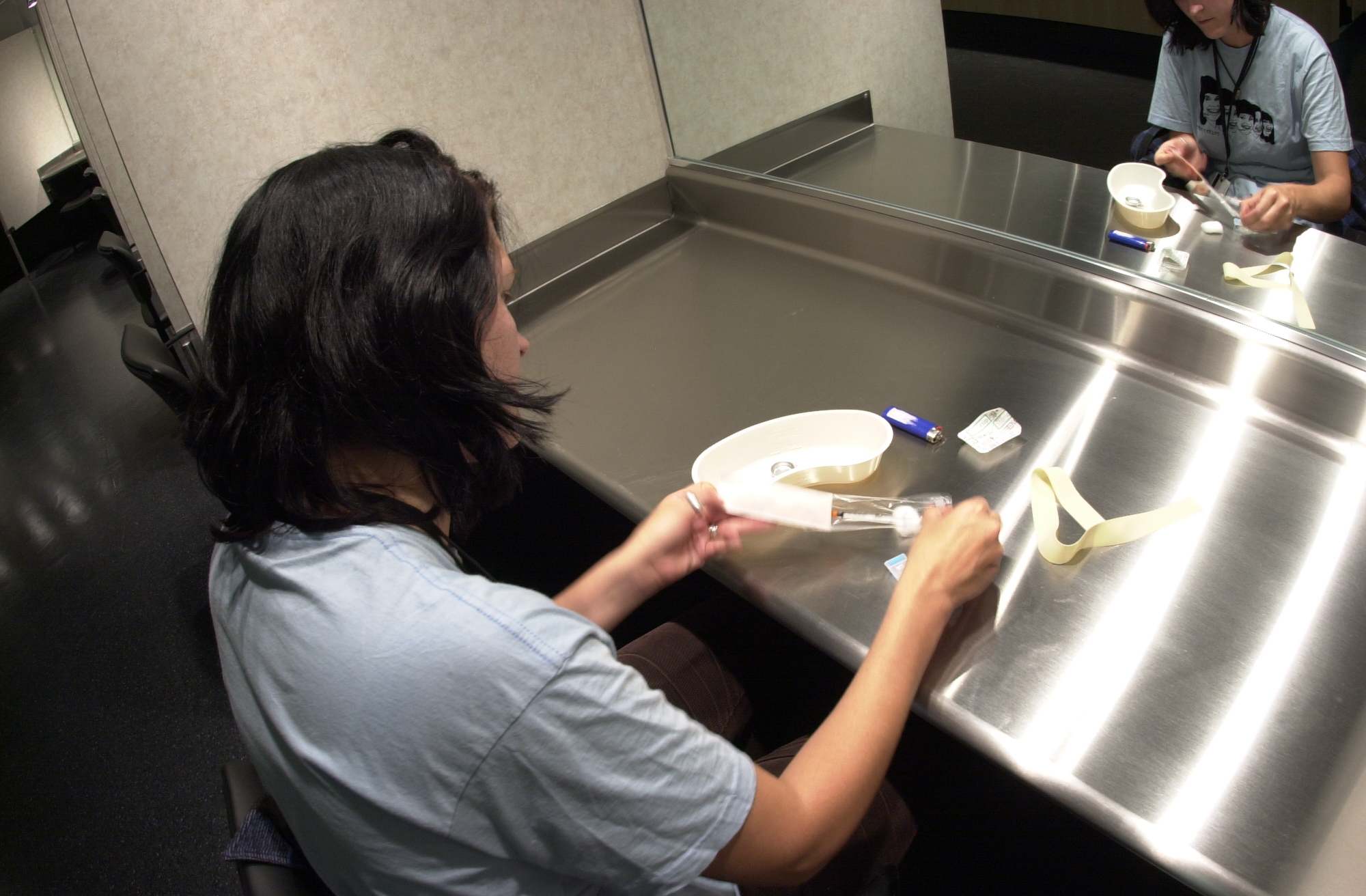More than five years after the Department of Justice found a pattern of brutality and possible racial bias among Seattle police, the feds now say that Seattle’s Finest are in initial compliance with the federal consent decree, the legal settlement by which the feds have prodded SPD reforms.
If federal judge James Robart agrees, it will begin a two-year probation period during which SPD must demonstrate sustained compliance, after which it would be free and clear of the consent decree forever. The City of Seattle agrees with the DOJ. But federal monitor Merrick Bobb, the court’s eyes and ears on the ground, previously disagreed. Bobb’s response to the requests for certifying initial compliance is due on Friday, October 20.
In a press release on Friday, U.S. Attorney for Western Washington Annette Hayes said, “After much work over more than five years, the City of Seattle has reached a significant milestone in complying with the requirements of the Consent Decree. New policies, training, and systems of oversight and accountability have resulted in the Seattle Police Department (SPD) meeting its obligations under Phase I of the Consent Decree and thereby eliminating the pattern or practice of unconstitutional policing that led to our investigation and findings in 2011.”
Earlier in the day, the Community Police Commission (CPC) published its own endorsement of the City of Seattle’s request to be declared in compliance with the consent decree. “The CPC agrees that the Monitor’s ten systemic assessments demonstrate that the City has achieved ‘full and effective compliance’ with the Consent Decree, and that the focus of this case should now shift to the City demonstrating sustained compliance with the Consent Decree,” wrote commissioner Enrique Gonzalez and co-chairs Rev. Harriet Walden and Isaac Ruiz. “The City, especially the Seattle Police Department, will bear the burden of demonstrating sustained compliance. For its part, the CPC will prioritize fulfilling the remaining duties assigned to it in the Consent Decree during the two year sustained compliance period.”
Earlier this year, Bobb praised SPD for making great improvements and complied with parts of the consent decree, but stopped short of declaring full compliance. “The…assessments, all clearly important, nevertheless do not constitute all the requirements of the Consent Decree,” Bobb wrote in a September 8 status report. “The assessments found the SPD in initial compliance with more to be done in various areas.”
In June, the monitoring team published evidence of racial bias in SPD stops and frisks. “The Monitoring Team discovered that the racial disparity with respect to who is stopped and who is frisked in Seattle cannot be easily explained in terms of” anything other than racial bias, wrote Bobb. “Even after incorporating [other] factors, an individual’s race alone helps to predict the likelihood of being stopped and the likelihood of being frisked by an SPD officer.”
Bobb’s response to the requests that SPD be found in full initial compliance and thus be allowed to begin the two-year period during which it must demonstrate sustained compliance are due to the court (and public) on Friday, October 20. After Bobb responds, Judge Robart will decide what happens next.
cjaywork@seattleweekly.com








